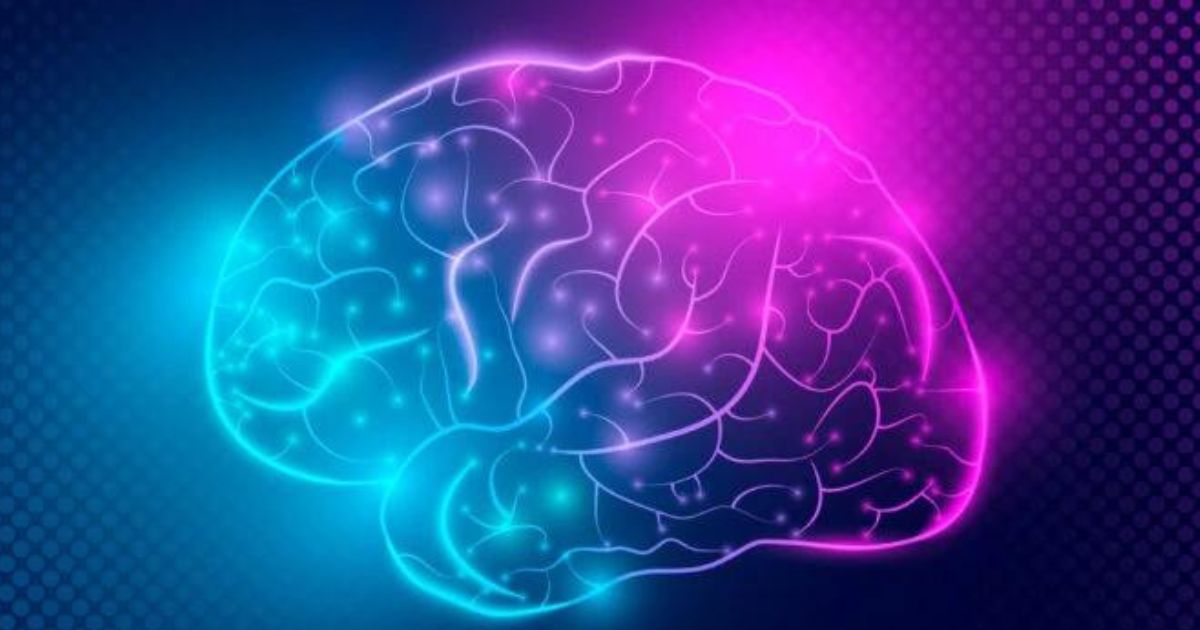In a groundbreaking discovery, a meta-analysis of experiments examining the effects of creatine supplements on memory performance has unveiled promising results. Led by study author Konstantinos Prokopidis and his team, the research, published in Nutrition Reviews, sheds light on the cognitive benefits of creatine supplementation, particularly for older adults aged between 66 and 76.
Creatine, a naturally occurring compound primarily stored in muscles, serves as a vital energy source for high-intensity, short-duration activities. While traditionally associated with enhancing physical performance, creatine’s potential impact on memory has garnered attention due to its role in energy provision within the brain.
Creatine’s Effects on Memory Performance
The study, conducted through a systematic review and meta-analysis of published randomized controlled trials, aimed to consolidate findings from various studies exploring creatine’s effects on memory.
Out of 23 initial studies identified, 8 were deemed suitable for inclusion, providing a comprehensive overview of creatine’s impact on memory performance in healthy adults.
Results from the meta-analysis revealed a significant improvement in memory performance with creatine supplementation compared to placebo. Notably, this effect was more pronounced in older adults, indicating a potential avenue for enhancing cognitive function in aging populations.
Interestingly, gender, intervention duration, creatine dosage, and geographical origin of participants did not significantly influence the observed outcomes, suggesting the universal applicability of creatine’s memory-enhancing properties.
“This systematic review and meta-analysis revealed that creatine monohydrate supplementation has a beneficial effect on memory performance in healthy individuals. Subgroup analysis showed the effects of creatine were more robust in older adults,” the study authors concluded.
Despite the promising findings, the study authors acknowledge certain limitations within the analyzed experiments. Many studies were of moderate quality, and variations in memory assessment tools across studies posed challenges in accurately evaluating creatine’s effects.
Nonetheless, the study provides valuable insights into the potential cognitive benefits of creatine supplementation and underscores the need for further research in this domain.
Creatine supplementation has long been associated with improving physical performance, muscle mass, and strength during high-intensity exercises. However, its newfound potential in enhancing memory performance presents a novel application of this widely-used dietary supplement.
The implications of these findings extend beyond athletic performance, offering hope for individuals seeking cognitive enhancement, particularly as they age. With memory decline being a common concern among older adults, the prospect of utilizing creatine supplementation to mitigate cognitive decline warrants further exploration.
Moving forward, researchers aim to delve deeper into the mechanisms underlying creatine’s cognitive effects and address the limitations highlighted in this study. By refining study methodologies and conducting more rigorous investigations, scientists endeavor to unlock the full potential of creatine supplementation in optimizing cognitive function and enhancing overall well-being.








Leave a Reply
You must be logged in to post a comment.